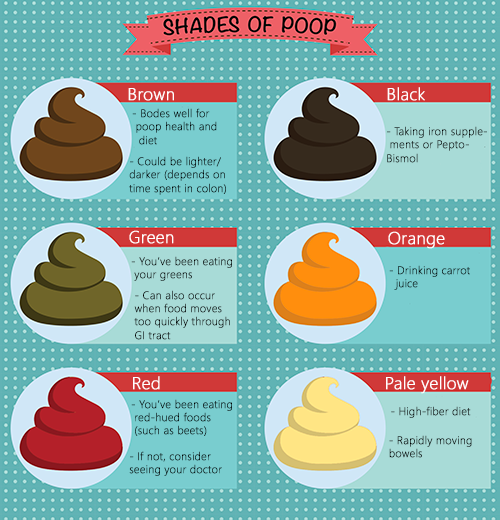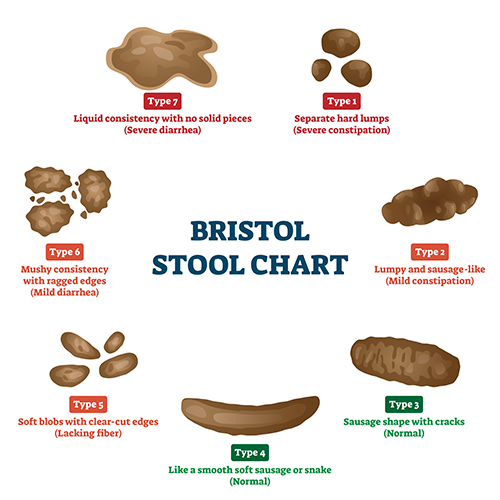Poop and Your Health: What Your Poop Says About Your Diet
Have you ever thought about what your poop can tell you about your diet and overall health? Believe it or not, the color, consistency, and frequency of your bowel movements can actually act as a window into your nutrition and well-being.
“Your body produces good poops when you’re eating right for you,” says Todd Sinett, D.C., founder of Tru Whole Care in New York City and author of The Good Sh*t.
Here, experts share insights into what your poop color, frequency, and consistency reveal about the foods you’re consuming. Keep in mind that certain health conditions can also impact your poop health, so it’s always a good idea to consult with a physician if you have any concerns.
Poop Color
While food coloring can influence the color of your stool, here’s what different poop colors may indicate about your diet:

Brown Poop
A healthy shade indicating good GI transit time.
Green Poop
Can be caused by green veggies or fast-moving foods through the GI tract.
Red Poop
Red foods like beets may cause red stools, but consult a doctor if no red foods have been consumed.
Black Poop
Iron supplements or medications can lead to black stools, signaling potential dietary issues.
Orange Poop
Beta carotene from foods like carrots can give stool an orange hue.
Yellow Poop
Pale yellow stools may indicate rapid bowel movements, possibly due to a high-fiber diet.
Poop Frequency and Consistency
Consistency and frequency matter when it comes to bowel movements. Here’s what different types of stool may signify:

The Bristol scale categorizes stool into seven types:
Types 1 and 2: Constipation
Hard and dry pellets may indicate a lack of soluble fiber or inadequate fluid intake.
Types 3 and 4: Normal
Optimal consistency achieved through a balanced diet and proper fiber intake.
Types 5 to 7: Diarrhea
Diarrhea can result from various dietary factors or food intolerances.
Tracking your poop and food intake can provide valuable insights into your digestive health. If you notice any concerning changes, consult a healthcare professional for guidance on improving your diet and overall well-being.
Remember, it’s not just about what you see in the toilet bowl; how you feel after a bowel movement is equally important. Any persistent discomfort or bloating warrants further investigation.


